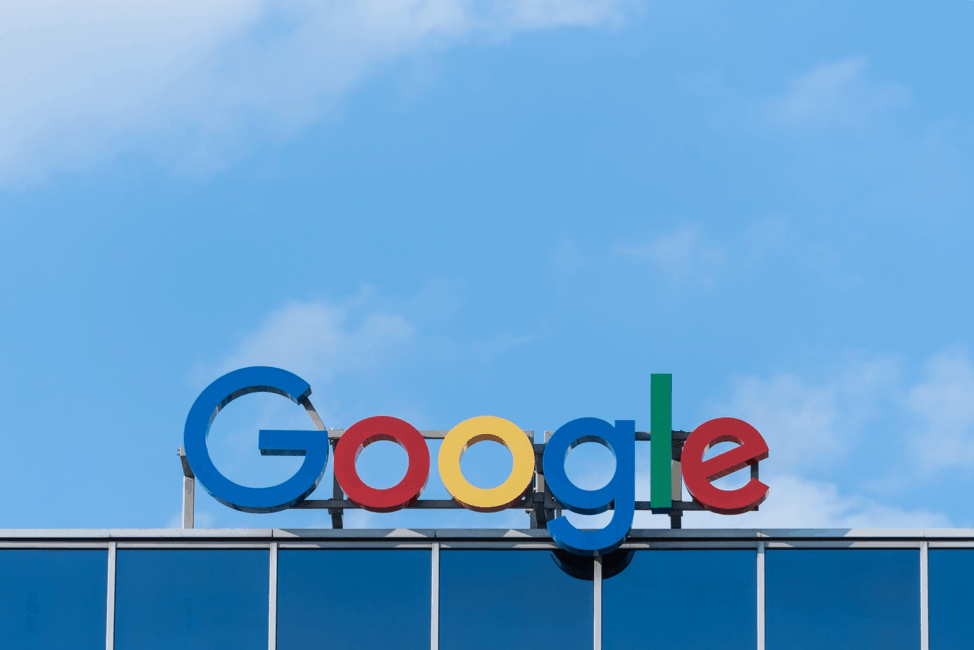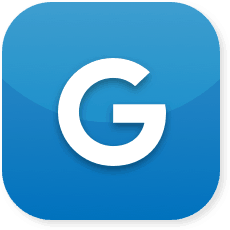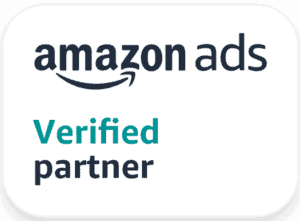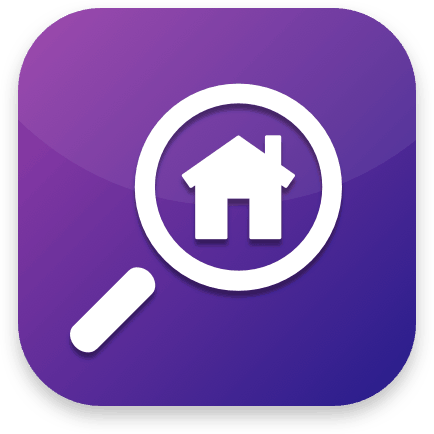Google vs. Facebook Real Estate Leads: Which Is Better?

Whether you’re growing a real estate business for the first time or looking to rejuvenate a decades-old enterprise, you’re probably considering some form of paid lead generation. Most likely, as it does with so many other real estate agents hoping to get more qualified prospects, the question then becomes: Google or Facebook?
This is, as said, a common question for realtors using paid search. The implication is that if you’re going to advertise in an attempt to generate leads for real estate agents, you need to choose one. But that’s not actually the case. Instead, it’s important to understand the costs and benefits of both, so you can decide how to best apply them to your business.
Accordingly, let’s take a look at the misconception that keeps most agents from using Google and Facebook leads effectively, as well as their individual characteristics and your best bet for seeing success with paid search.
Google vs. Facebook: Not Actually a Competition
First, let’s get one thing straight: You should not view Facebook and Google as in competition with one another. These are both excellent platforms on which to advertise your real estate business, as they are complementary platforms that serve different needs. Google is the all-in-one search platform, while Facebook helps you target and reach niche audiences in very defined ways. Buyers and sellers frequent both of these platforms, so by avoiding one in favor of the other, you’re effectively missing out on a huge slice of the real estate lead pie.
It’s true that, at first, you might want to start with one or the other, the better to find out where your leads are coming from. That way, you can develop a baseline with one platform that will educate you more effectively about how well the other is working for you once you implement it.
Before discussing that, however, let’s take a look at the unique benefits of advertising on Google and Facebook.
Google: Leads Are Further Along the Tunnel
Pay-per-click ads on both Facebook and Google are considerably better than ads in realty-specific platforms. However, Google offers some significant benefits that Facebook can’t match. For one thing, it is the biggest search engine in the world, generating an average of 40,000 searches per second and at least 1.2 trillion searches per year. No other platform can compete with it in terms of pure brute force; the number of potential leads it brings to your “front door” every day, week, month and year is unbeatable and staggering.

For another thing, it is a platform on which buyers and sellers are strongly motivated to transact. People who search on Google do so with intention and are therefore further along the funnel than those who view real estate ads on other sites — including those dedicated to real estate itself, such as Zillow, where users are often just price shopping or dreaming. Google, though, is a place where people go to make things happen.
Plus, Google allows users to type in very specific search terms. While many will search generically for real estate in their area or for “realtors near me,” others will use targeted terminology such as “real estate agent Jacksonville Florida St. John’s river.” This is a huge amount of information with which you can work when crafting both your ad creative and your website. Drawing in these prospects becomes that much easier when you know exactly what they’re looking for and can target those keywords.
Lastly, Google is very accessible to mobile users. While real estate sites don’t typically have good mobile versions — or at least they’re not as easy to navigate or as familiar as Google — the search engine has a spot-on mobile experience that’s nearly as easy to use as a desktop.
Bottom line: If you want to find the most motivated buyers and sellers, you can do so on Google.
Facebook: Ad Targeting Can Be More Detailed
Reading the above, you might assume Google has Facebook beat in every respect, but that’s not the case.
Facebook also does huge volume, for starters. It clocks in at 1.5 billion searches daily, which is lower than Google’s 3.5, but still massive. It is competitive with other search engines, such as Bing and Yahoo!, and easily competes with social platforms such as Twitter and LinkedIn. Also, Facebook gives you a huge amount of play with ad creative. You can use video as well as images, making your ads come to life in a way that Google just doesn’t allow. Facebook ads are a true art form, in contrast with Google, which focuses on getting its message across mainly through text.

Perhaps the most compelling argument for Facebook, though, is the ease with which you can target a niche audience. The more targeted your ads, after all, the better your chance of bringing in motivated buyers or sellers. This allows you to spend (potentially) less money for strong leads, who will convert more quickly and more often.
One of the drawbacks, however, of Facebook is that people are usually there for less transactional reasons: to catch up with friends, post baby photos, and so on. This just means you may need to work a little harder in crafting your creative in order to reach them.
Call Lead Horse Marketing
Tired of trying to drum up leads through channels that just aren’t working? Try no more. Now you can stop wondering about the best strategies and start seeing results. We help clients develop and implement quality campaigns that bring qualified leads to your doorstep for as low as $15 (per lead).
Recent Posts
You’ve heard it here, you’ve heard it there, you’ve heard it from any SEO agency:…
Every month, our SEO team looks back on the previous months to determine wins, losses,…















